
Written by: Kemi Adedoyin
If fashion is the mirror of culture, what happens when a designer decides to make it a canvas for art and storytelling?
Kalu David, the creative force behind DavidBlack, a Lagos-based fashion brand, insists that every piece deserves intention, artistry, and meaning, the kind that lingers beyond the “like” of an Instagram scroll.
We caught up with Kalu, and in this candid conversation, he talks about childhood Barbie dolls, the soul of intentional design, and the uphill climb of building a global brand from Nigeria.
Tell us about yourself — your name, what you do, and the country you currently reside in.
I am Kalu David, a fashion designer and artist based in Lagos, Nigeria.
What key factor influenced your decision to start DavidBlack?
Honestly, I just wanted to create. To explore and show what is possible through the art and beauty that is in creation through fashion and storytelling.

What gap do you think you’re filling in the fashion market, and how are you doing this through DavidBlack?
Fashion is taking a whole new turn every day, especially in this time and age. People are indulging more in fast fashion and what’s popular. Very few sit down to research or create something with deeper meaning beyond the surface.
I want people to understand that intentional craftsmanship should be the soul of fashion. That’s what DavidBlack stands for. You can see it in our collections and pieces, in how deliberate our designs are, and in our commitment to sustainability.
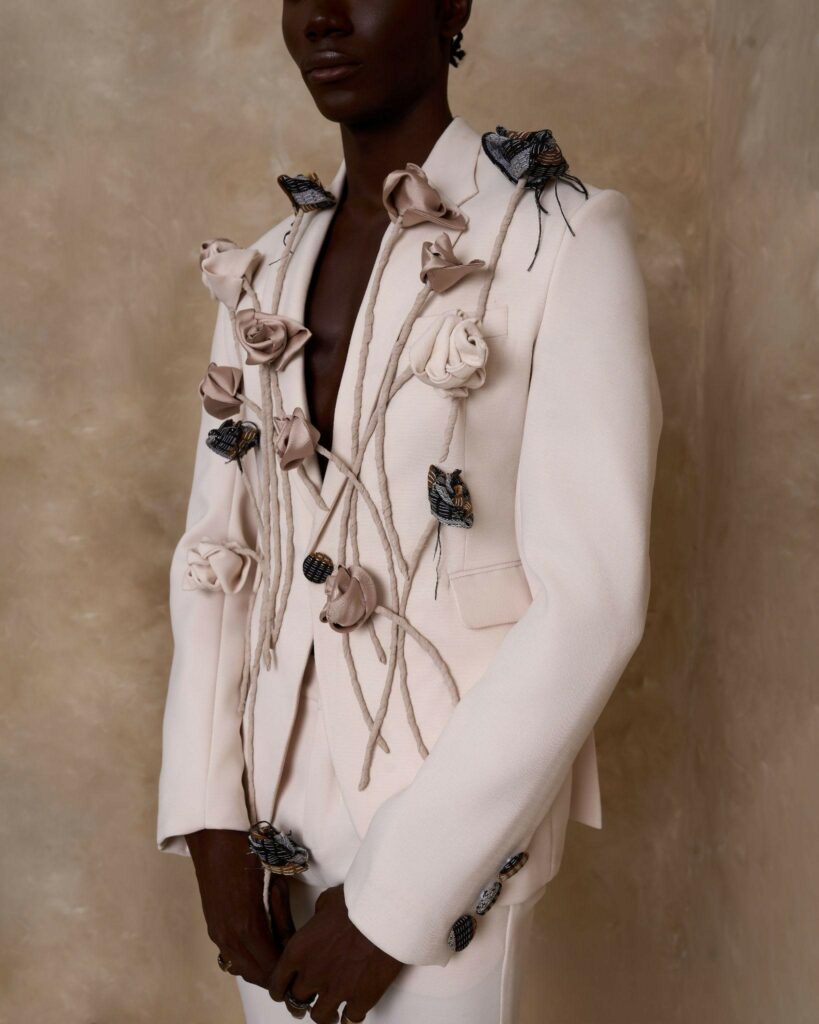
Take us back — what’s your earliest memory of getting into fashion?
I’ll never forget this. As a child, I confiscated my cousin’s Barbie doll. I would make beautiful gowns for it with scraps of fabric and a hand needle. One of our neighbors’ daughters had a doll too, and she would actually pay me to make dresses for hers (laughs). Remembering that now brings back so many beautiful memories and makes me realize just how much I’ve always loved designing.
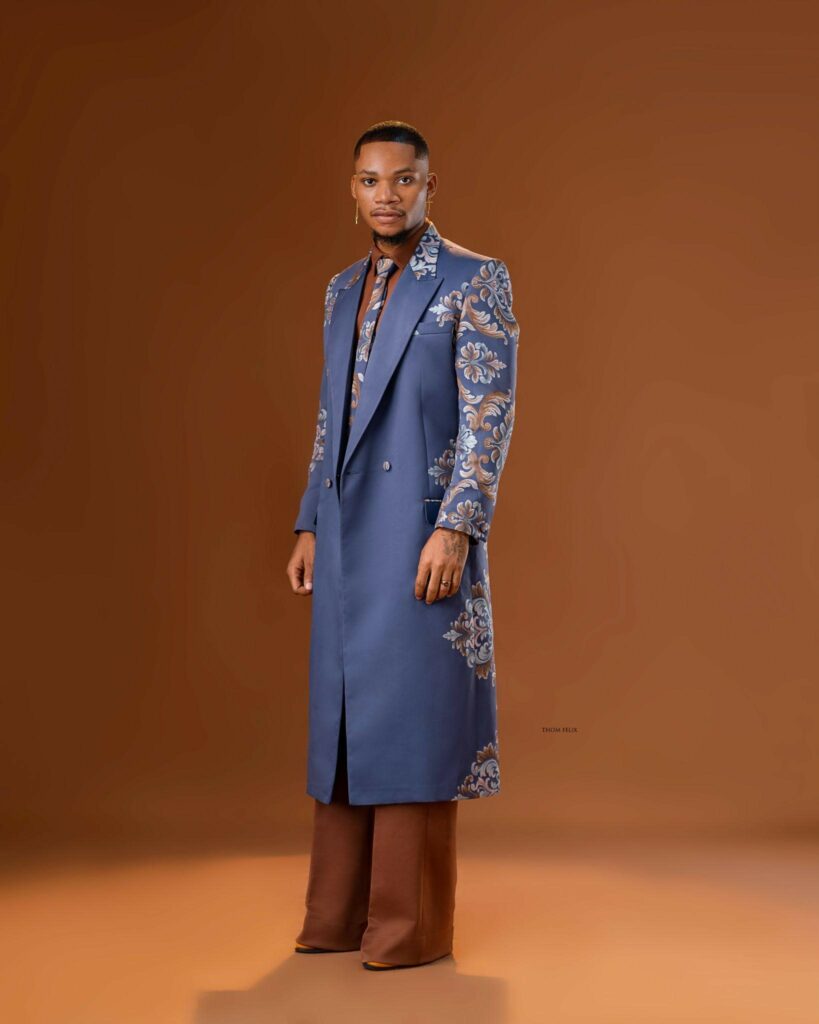
What does your day-to-day look like, especially when working with artisans and your production team?
Every day feels different. It can get hectic, especially when we’re experimenting with a new design or preparing for a collection. Some days are full of brainstorming and bringing ideas to life, others are for client meetings, fabric sourcing, or overseeing our content creation.
What are some of your favourite pieces so far, and why do they stand out to you?
It’s unfair to choose, but I’ll say The Pinnacle Suit and The Art Set. Every piece from the collection stands out, but what I love most about these two is the fact that, beyond the visual beauty, they carry stories. The intricacy of every detail draws you in, and it’s fascinating how different people interpret the art in different ways.
What’s been the most remarkable memory you’ve had since starting DavidBlack?
Seeing our SS25 collection come to life against all odds. That moment was unforgettable.
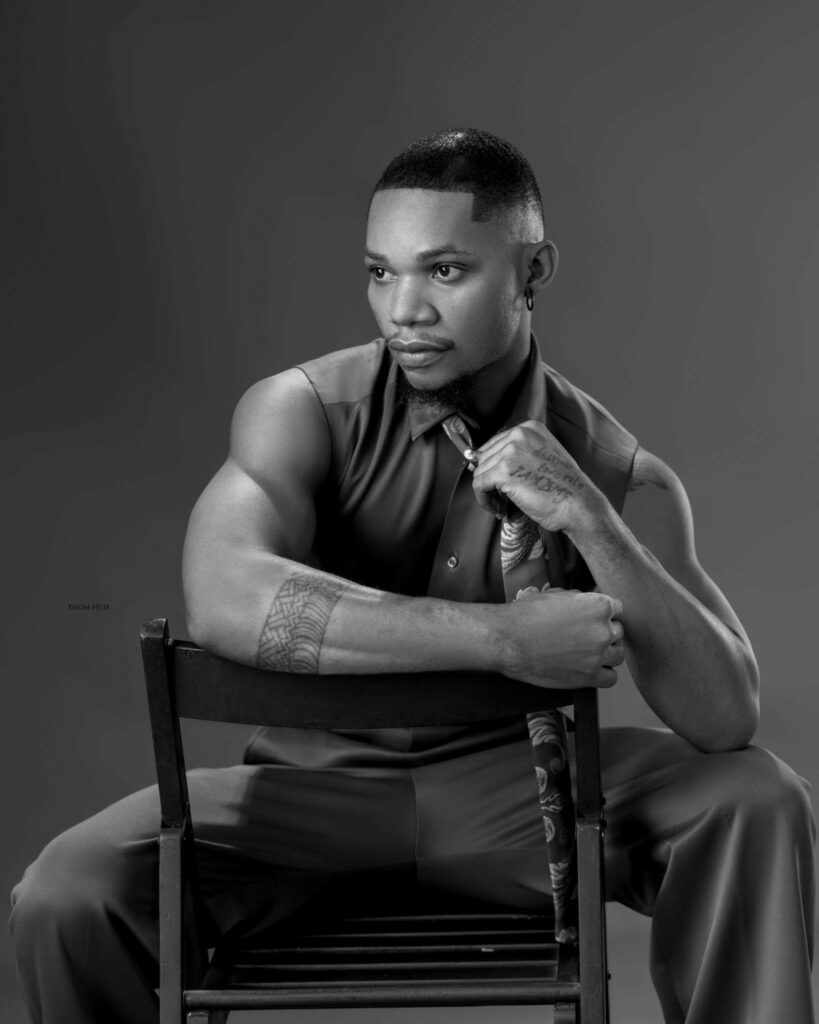
What would you consider a major challenge when it comes to building a global brand as an African creative?
Lack of investors and funding. The big guys don’t believe an African fashion brand can grow into something truly global. International brands have boards and investors fighting to keep them relevant. Here, many brands either fold because the bills are too heavy or remain stuck because they can’t access funds to expand.
We need investors like LVMH, Kering, or the Wertheimer brothers — people who are business-savvy enough to see the potential in African brands and take them global.
What’s something you deeply want DavidBlack to be known for?
For creating art through fashion. I want people to wear DavidBlack and feel that they’re wearing a piece of art, not just another outfit.
If you had to start all over again, what’s something you’d do differently?
There’s so much I would do differently, but mostly I would crawl before I stand, and walk before I run.
What’s one key lesson building a brand has taught you?
I have learnt resilience. Entrepreneurship forces you to be everything at once — the creative, the manager, the problem-solver.
Is there anything else you’d like to share with us?
I would really hope the creative industry, especially here in Nigeria, opens its doors and arms to new and emerging creatives, and that everything doesn’t have to keep going in circles, from people who are already in the circle bringing in people they want in the circle and shutting out people who deserve a chance in the circle.
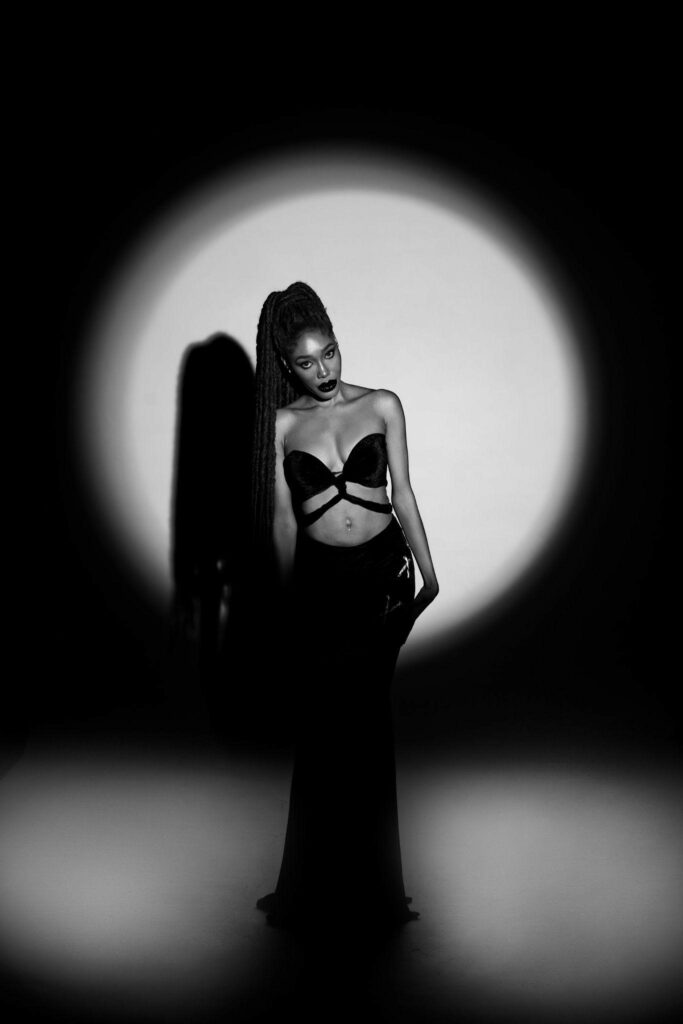
Kalu David’s story reads like a love letter to intentional craftsmanship in an era of fast fashion. His collections command curiosity and respect, and his journey keeps reminding us that African fashion is art, and resilience is often the unsung fabric holding it all together.


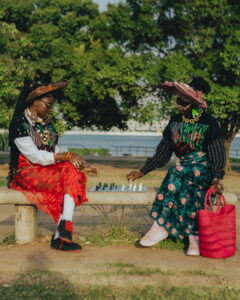
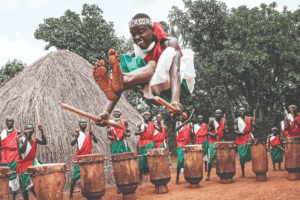

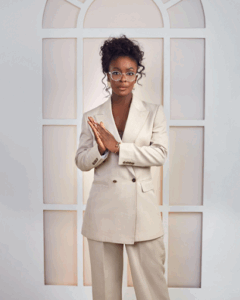


Don’t miss a thing! Sign up to get new content sent directly to your inbox.